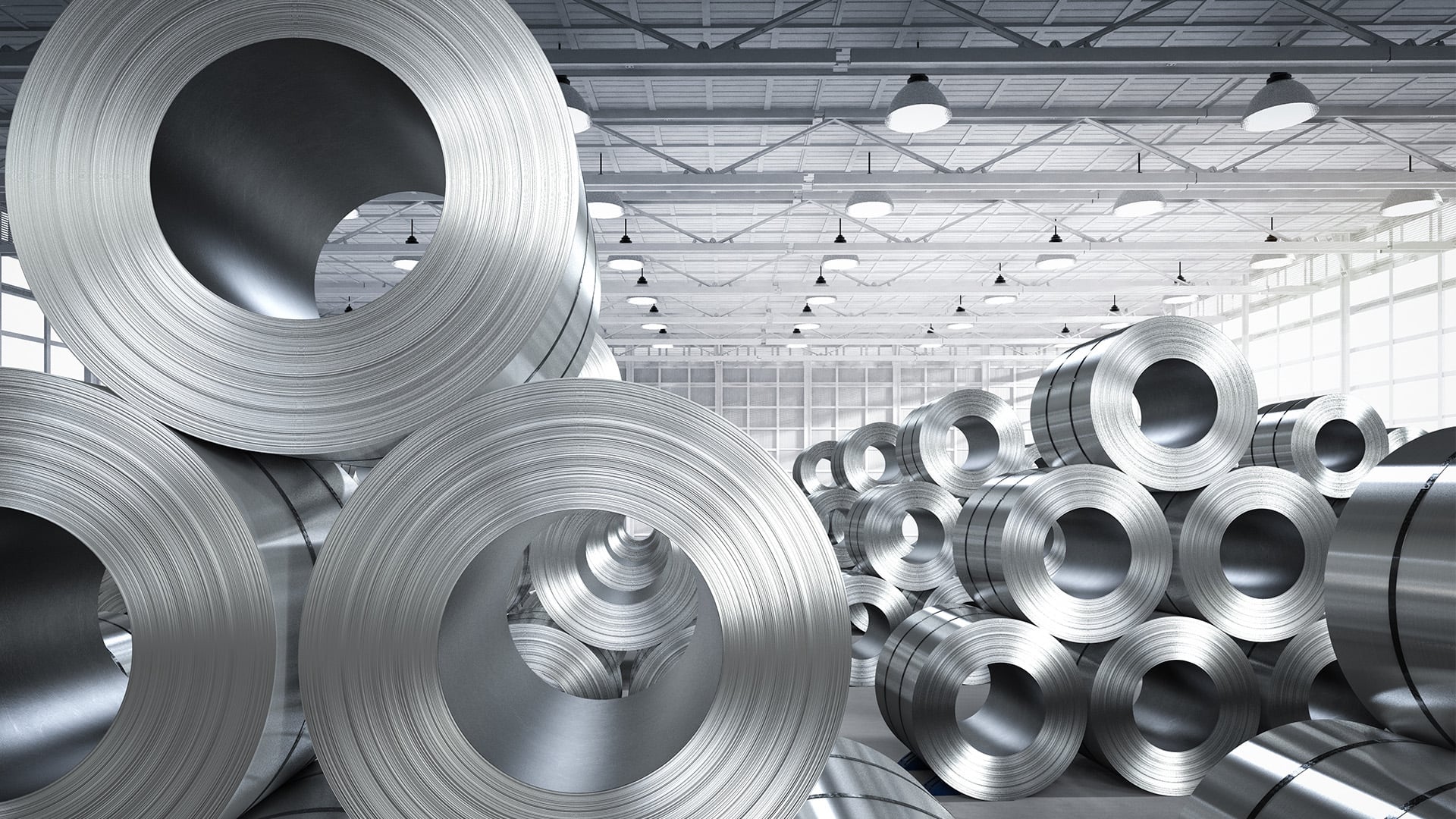What are the Factors Affecting Corrosion?

Corrosion is the deterioration of metals and other materials due to environmental factors or chemical reactions on their surfaces.
Factors that affect corrosion can include the following:

Corrosion is the deterioration of metals and other materials due to environmental factors or chemical reactions on their surfaces.
Factors that affect corrosion can include the following:
1. Moisture: Water is one of the most significant factors in corrosion. Saltwater, in particular, can lead to corrosion.
2. Oxygen: Oxygen in the air can cause oxidation reactions on the surfaces of metals, leading to corrosion.
3. Salts: Salts, especially those found in seawater, can accelerate the corrosion of metals.
4. Acids and Bases: Acids and bases can react with metal surfaces, leading to corrosion.
5. Electrochemical Effects: In electrochemical cells where different metals come into contact, the more reactive metal may corrode faster.
6. Temperature: Elevated temperatures can increase the rate of corrosion.
7. Pollution: Air pollution can accelerate corrosion.
8. Friction and Abrasive Effects: Exposure to friction or abrasive factors can accelerate corrosion.
9. Galvanic Corrosion: When metals with different electrochemical potentials come into contact, the more active metal may corrode faster. This is known as galvanic corrosion.
10. Coatings and Protective Materials: Coating metals or applying protective materials can help prevent corrosion.
To prevent or reduce corrosion, it is important to protect metals with appropriate coatings or chemical protectants, perform regular maintenance, and make careful material choices.